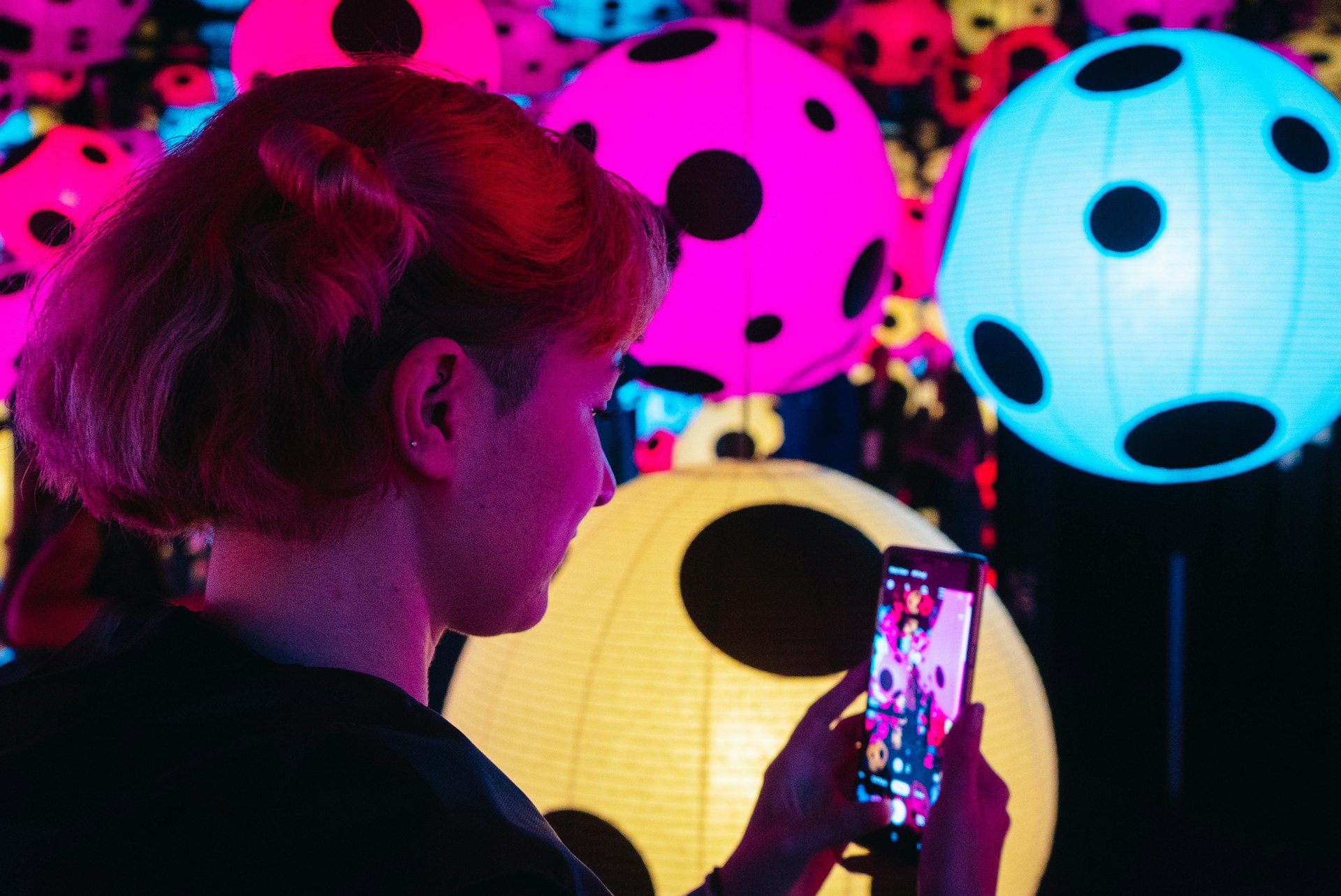Unlocking Impact: Sustainable Storytelling Strategies for Eco-Friendly Brands

Photo by Dhilip Antony on Unsplash
Introduction: The Power of Sustainable Storytelling
Brands that prioritize sustainability are increasingly seeking ways to connect with conscious consumers. Sustainable storytelling has emerged as a critical tool for eco-friendly brands to convey their values, build genuine trust, and differentiate themselves in a crowded market. By weaving authentic narratives around environmental and social responsibility, brands can drive both awareness and action. This article explores why sustainable storytelling matters, showcases leading examples, and provides actionable guidance for brands aiming to implement these strategies.
Why Sustainable Storytelling Matters for Eco-Friendly Brands
Consumers today demand authenticity and transparency from the brands they support. Research shows that individuals increasingly choose products and services aligned with their personal values-particularly those that reflect environmental stewardship. According to industry reports, people are willing to pay up to 9.7% more for sustainably produced goods, underlining the importance of genuine green narratives [3] . Sustainable storytelling enables brands to:
- Highlight their commitment to environmental and social responsibility
- Build deeper emotional connections with target audiences
- Stand out from competitors who may engage in superficial ‘greenwashing’
However, storytelling must go beyond surface-level claims. It requires integrating sustainability into every facet of business operations and communicating these efforts with honesty and depth [3] .
Key Elements of Effective Sustainable Storytelling
To maximize impact, eco-friendly brands should focus on these essential elements:
1. Authenticity and Transparency
Consumers are adept at spotting insincere attempts at sustainability. Authentic storytelling involves sharing both successes and challenges, providing clear details about supply chains, production processes, and the tangible impact of initiatives. For example, Patagonia uses its “Don’t Buy This Jacket” campaign to encourage mindful consumption-even at the expense of immediate sales [1] .
Implementation: Regularly publish updates on environmental progress, admit setbacks, and outline future goals. Consider creating an annual impact report or dedicated sustainability section on your website.
2. Purpose-Driven Narratives
Sustainable storytelling should focus on a clear mission. Brands like Pela , which aims to create a waste-free future with biodegradable phone cases, connect their products to a larger environmental purpose [2] .
Implementation: Articulate your brand’s core purpose and demonstrate how your products or services contribute to positive change. Share customer stories, employee perspectives, and community partnerships to humanize your mission.
3. Engaging Visuals and Personal Stories
Visual storytelling-through photos, videos, and infographics-is crucial for capturing attention and conveying impact. Campaigns like The Body Shop’s “Forever Against Animal Testing” leveraged powerful imagery and personal narratives to inspire global action, resulting in millions of petition signatures [1] .
Implementation: Invest in original photography, documentary-style content, and customer testimonials. Encourage user-generated content to showcase real-world impact.
4. Community Involvement and Collaboration
Eco-friendly brands often build loyal communities by involving customers in their sustainability journey. Pela donates portions of sales to environmental causes and features its community in marketing materials, fostering a sense of shared responsibility [2] .
Implementation: Launch campaigns that invite consumer participation-such as pledges, challenges, or donations tied to product sales. Partner with nonprofit organizations or local groups to amplify your message.
Real-World Examples of Sustainable Storytelling
Several leading brands demonstrate how sustainability-driven narratives can fuel both business growth and environmental change:
Patagonia: Challenging Consumer Habits
Patagonia’s iconic “Don’t Buy This Jacket” campaign confronted overconsumption by urging customers to reconsider their purchasing choices. The campaign provoked important conversations about sustainability while increasing loyalty among environmentally conscious consumers [1] .
The Body Shop: Advocacy Through Storytelling
The Body Shop’s “Forever Against Animal Testing” campaign mobilized millions worldwide, blending emotional appeals with actionable steps-such as petition signing. This approach not only built brand credibility but also contributed to real legislative change [1] .
Pela: Lifestyle Integration
Pela’s storytelling centers on the damaging effects of plastic waste observed by its founder. By showcasing a chic, eco-friendly lifestyle across digital channels, Pela connects with consumers seeking stylish, sustainable options [2] .
Levi’s: Water Conservation Messaging
Levi’s “Water <less" [5].
Step-by-Step Guidance for Eco-Friendly Brands
Brands looking to embrace sustainable storytelling can follow these steps:
- Identify Core Values and Impact Areas: Define what sustainability means for your brand and which environmental or social issues you address. Consider conducting a materiality assessment to prioritize initiatives.
- Audit Current Practices: Evaluate your supply chain, product lifecycle, and operations. Be transparent about strengths and areas for improvement.
- Craft a Narrative: Develop a clear, honest story that connects your brand’s mission to broader environmental goals. Use real data and specific examples.
- Create Engaging Content: Produce multimedia content (videos, blogs, infographics) that brings your story to life. Highlight both progress and challenges to foster authenticity.
- Empower Community Participation: Invite your audience to join the movement-through campaigns, challenges, or by sharing their own stories.
- Measure and Communicate Impact: Track key performance indicators (KPIs) such as emissions reduced, waste diverted, or funds raised. Publish regular updates to maintain accountability.
If your team lacks in-house expertise, you may consider hiring sustainability consultants or partnering with agencies specializing in green branding. You can find these professionals by searching for terms like “sustainability marketing agency” or “green brand consultants” on professional networking platforms or business directories.
Overcoming Challenges in Sustainable Storytelling
Eco-friendly brands often encounter obstacles such as skepticism, accusations of greenwashing, or resource constraints. To address these challenges:
- Be honest about limitations : If your brand is still on its sustainability journey, share both achievements and ongoing efforts.
- Engage third-party verification : Seek certifications from recognized bodies such as B Corp or Fair Trade to validate your claims. To learn more, visit the official B Lab website and search for “B Corp certification.”
- Educate your audience : Use storytelling as an opportunity to inform consumers about industry challenges and the steps you are taking to address them.
Regular communication and a willingness to adapt are key to maintaining credibility.

Photo by Geetanjal Khanna on Unsplash
Alternative Approaches and Additional Resources
While digital storytelling is highly effective, brands can also leverage:
- Live events and workshops : Host sustainability workshops or participate in eco-focused trade shows to engage directly with stakeholders.
- Collaborative campaigns : Co-create campaigns with influencers, environmental NGOs, or other brands committed to sustainability.
- Educational content : Develop guides, webinars, or podcasts on sustainable living to position your brand as an industry thought leader.
To find credible partners, consider reaching out to local environmental organizations, searching through established directories like Green America, or attending events listed on sustainability association websites.
Key Takeaways
For eco-friendly brands, sustainable storytelling is more than a marketing tactic-it is a long-term strategy to inspire, educate, and mobilize consumers. By integrating authenticity, purpose, and community engagement, brands can create powerful narratives that drive real-world impact. While challenges exist, transparent communication and ongoing learning will foster lasting trust and loyalty.
References
- [1] Sendabee (2024). 10 Examples of Brands Succeeding in Sustainable Storytelling.
- [2] Vistaprint (2024). 11 Eco-friendly Brands to Inspire Your Business.
- [3] Gracker (2024). Sustainable Brand Storytelling: Captivating Audiences and Inspiring Change.
- [4] Brafton (2024). 6 Best Examples of Green Marketing Today.
- [5] Anton Levytskyi (2024). 10 Impactful Sustainability Marketing Campaigns.
MORE FROM visa4visit.com













